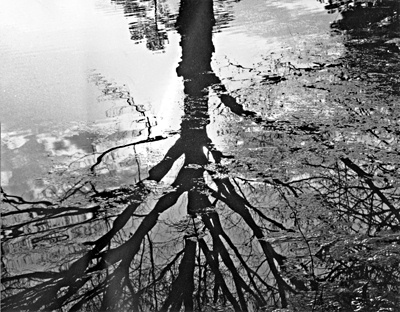All Nonfiction
- Bullying
- Books
- Academic
- Author Interviews
- Celebrity interviews
- College Articles
- College Essays
- Educator of the Year
- Heroes
- Interviews
- Memoir
- Personal Experience
- Sports
- Travel & Culture
All Opinions
- Bullying
- Current Events / Politics
- Discrimination
- Drugs / Alcohol / Smoking
- Entertainment / Celebrities
- Environment
- Love / Relationships
- Movies / Music / TV
- Pop Culture / Trends
- School / College
- Social Issues / Civics
- Spirituality / Religion
- Sports / Hobbies
All Hot Topics
- Bullying
- Community Service
- Environment
- Health
- Letters to the Editor
- Pride & Prejudice
- What Matters
- Back
Summer Guide
- Program Links
- Program Reviews
- Back
College Guide
- College Links
- College Reviews
- College Essays
- College Articles
- Back
Through My Eyes MAG
The air was sweet, the smell of bread taunting my nostrils as we bumped down the dirt road. On either side of the road were shanties, some nothing more than dirt and branches that supported mud walls. Babies wailed on their mothers' hips, the silhouette of their black faces against the whiteness of eyes filled with tears.
Our driver turned sharply, avoiding a pothole, while a sign alerted us to our destination: Albert Schweitzer Hospital. A glance around told the stories of those whom I knew would be there, people filled with hardship that I couldn't begin to comprehend. Against the gray backdrop stood tattered and dust-covered people, people waiting to get medical attention, people with agony in their faces, and people without hope. Anger flowed through me against Haiti's government for allowing such rampant poverty. Was this hopelessness their fault? Or did humanity ignore them?
As we exited the truck, our eyes slowly took in the scene before us. A throng of people, most dressed in their Sunday best, stood in any shade they could find. Their eyes met ours and I was confronted with the haunting reality of their situation. Here they waited, some for days, just for the chance to see a doctor. And yet they still came and waited knowing that this was the only way they could receive medical attention. The sick and the dying all waited in the same dragging lines, their eyes showing the pain they endured. For many, this was their last chance, after trying to get help from the village witch doctors.
Although most were near death before they got there, if the hospital couldn't cure them, they believed that it would kill them. We walked past all this despair into the hospital seeking solace for our anxious hearts. We were white; consequently, no one questioned our purpose. A smell of sickness, putrid and thick, coated the area. On a cot lay a man shriveled into a wrinkled mass. His eyes stared into mine; I blinked and turned away, unable to face his hopeless gaze. No one seemed to care about him as he lay in pain. Even the nurses didn't seem to care, which was startlingly clear as they stood chatting in Creole while patients groaned in pain and asked time and again for water.
We made our way to the maternity ward, where mothers were gathered to nurse their infants. This scene felt settling until I saw a mother, not more than 19, holding her baby in the palm of her hand, her baby's skin blending with the cocoa color of her own hand. Our eyes met and tears filled mine. I turned and tottered away, past the man dying in the hall and the crowds outside. I staggered into the truck and slammed the door.
What drove me to look the other way? Was I no better than the Haitian government or the nurses who didn't care? I felt stripped of my dignity because I realized that I had responded in the same way. The Haitians saw me as an outsider who didn't understand or want to comprehend their situation. And they were right.
Driving down the road, I noticed the children. They were the children of the next generation forced to endure the same poverty and hopelessness that plagues their parents. I was only an observer, an outsider who looked the other way.

Similar Articles
JOIN THE DISCUSSION
This article has 0 comments.
